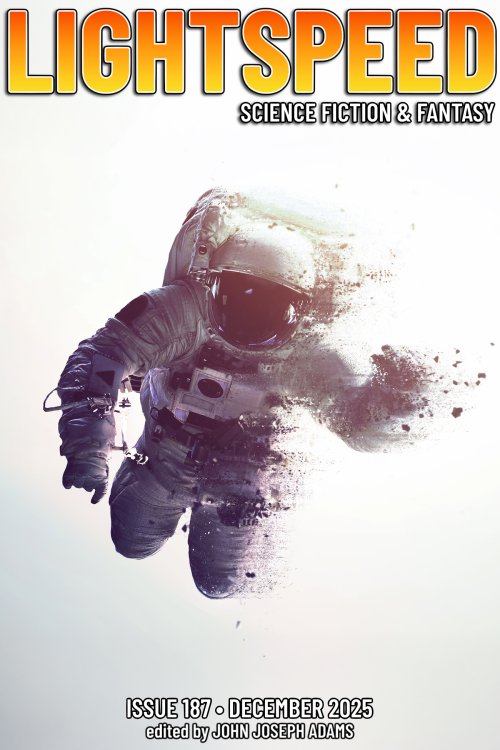Author Spotlight
Author Spotlight: Peter Watts
That’s the essence of what I consider a successful narrative conflict in a story: It’s a conflict that extends beyond what the characters are feeling and jumps into the head of a discomfited reader. Because let’s face it, the end of “Collateral” is pretty much the platonic ideal of Spock’s famous platitude, “The needs of the many outweigh the needs of the few.” Everybody loves that line.








